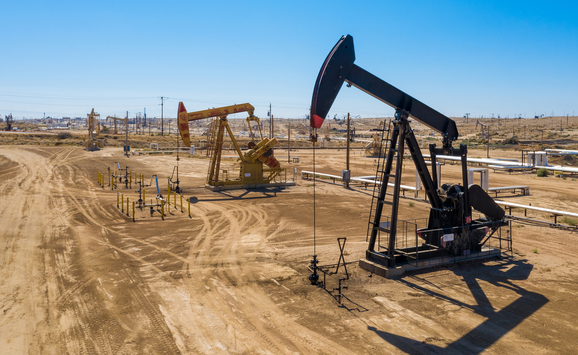Trump’s nominee to head the Environmental Protection Agency (EPA), Oklahoma Attorney General Scott Pruitt was interviewed by the Senate Environmental and Public Works committee yesterday. He heard a litany of EPA sins and complaints from Republicans and a litany of fears about how he would behave if he became Administrator from the Democrats. In this, the political parties were talking past one another.
As for Pruitt, he started out with several principles and philosophical touchstones that will guide him during his tenure at EPA. I want to talk about four of them. One he returned to again and again was that being pro-energy does not mean that one is anti-environment and vice-versa. I would submit that this is a straw man. For its part, EPA always looks at both the costs (to the economy) and benefits (to the environment and the economy) of its major rules and seeks to strike a balance. One can, on the other hand, argue about how great a role the cost-benefit analysis (CBA) plays in the design of the rule and how the agency seeks balance amidst great uncertainties about the economic and environmental impacts of a given regulation. And, as economists, our profession often feels that too little attention is paid to the CBA.
To the extent his principle is directed at the environmental community, it doesn’t apply. Even the most ardent environmentalist wants clean energy and its becoming more widely recognized that economic development can be boosted by renewables innovation, manufacturing and installation. Even many industry leaders direct their employees and business planning to embrace sustainability.
The second principle is cooperative federalism, with Pruitt emphasizing partnership not devolution. In my view, despite wholeheartedly agreeing to review and “look into” federal regulations that some states would prefer to be less stringent, an endorsement of California’s and other states' rights to have tighter regulations than the federal government was not forthcoming, leading some Committee members to be concerned about his true devotion to states’ rights. Pruitt did say that he would do a Federal Implementation Plan under the Clean Air Act if states didn’t meet their obligations and tagged the Chesapeake Bay Compact as an ideal example of state-federal cooperation.
The next point came up during a discussion of his philosophy, which includes being guided by the “rule of law” and only directing EPA to regulate according to “Congressional intent.” Here, Mr. Pruitt is being either naïve or disingenuous. For one thing, writing legislation is, as often said, like making salami. As a result, Congressional intent is often hard or impossible to divine. More importantly, Congress cannot hope to write legislation detailed enough to leave no discretion to EPA—which is why regulations written by EPA (not just legislation) are needed. EPA is perfectly within its authority to depart from Congressionally-set Renewable Fuel Standard (RFS) targets, for example, if in its judgement they cannot be met (due to market realities, for example). Thus, interpretation and judgment is always necessary, and is in fact the role of the EPA—Congress simply does not have the bandwidth to conduct the extensive stakeholder and scientific engagement, risk analyses, and cost-benefit analyses to be able to write credible and workable regulations. The Congressional touchstone exists only in general terms. Hence, the values and judgment of the Administrator are key.
Last is Pruitt’s position on climate change. Pruitt's testimony, along with Zinke's the day before, evidenced the Trump administration's emerging public stance toward climate change science: it's not an outright hoax but its magnitude is still uncertain enough to make actions to reduce greenhouse gas (GHG) emissions unwarranted. Yet, for the EPA Administrator, as Pruitt acknowledges, there is an obligation to regulate GHGs as a pollutant. How this contradiction will actually play out is unclear. Indeed, the nominee and the committee members never enjoined on the Clean Power Plan (CPP) or the proper strictness of the Corporate Average Fuel Economy (CAFE) standards (aside from concern expressed by GOP senators at the timeline EPA used to finalize its 2025 CAFE targets). Pruitt did talk a lot about being guided by sound science as an Administrator with respect to climate change and other issues. In my dealings with EPA, science is the linchpin underlying regulatory processes, whether the science is taken from Science Advisory Boards, National Academy panels, specific experts brought to the agency, consideration of expert information through comments, or special science groups established through legislation (say, in the Clean Air Act). At the same time, science can never be solely relied on to make a decision. There are always some uncertainties, and there are always multiple objectives, such as environmental equity, that do not have a scientific answer. Thus, again, it is the values, judgment, and character of the Administrator that ultimately must weigh all the information to make a decision.
Both Republicans and Democrats in the Senate should focus on these elements in their confirmation decision.





